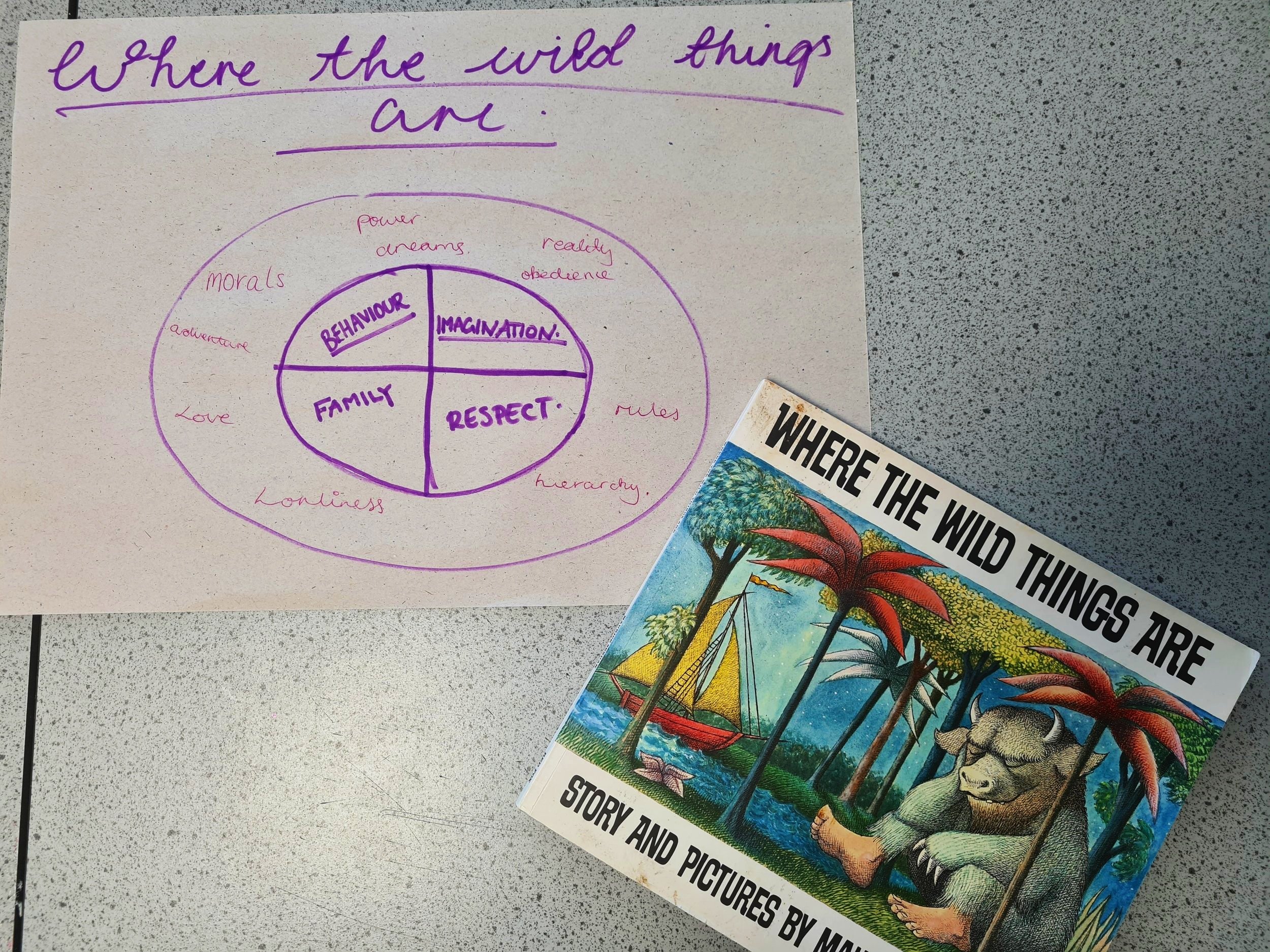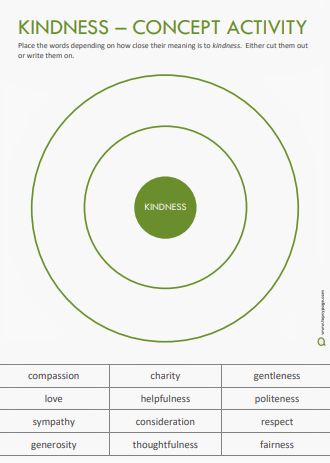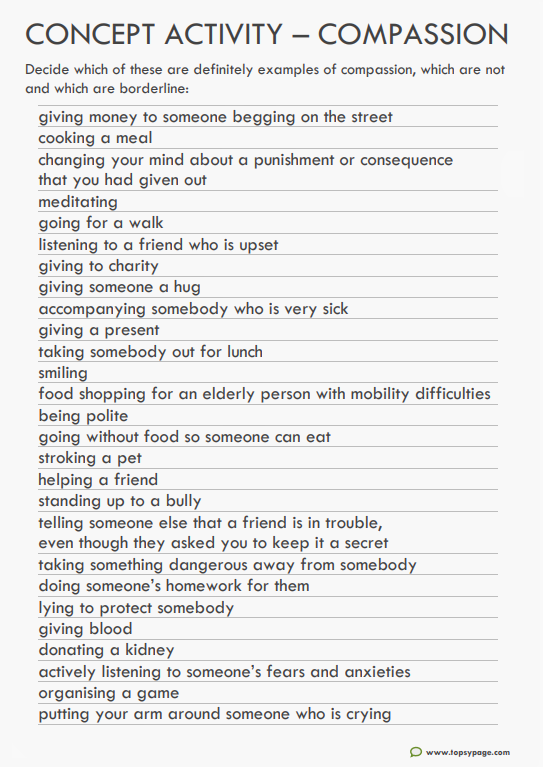In an opinion continuum, pupils decide where to stand on a line between an opinion and an opposite opinion. You can set this up easily with a ribbon and two handwritten statements. If someone strongly agrees with one of the statements they stand next to it. If they are unsure they stand in the middle. Or they can stand part-way along if they somewhat agree.
Use opinion continuum as a discussion starter for a curriculum point or an ethical issue. For example, in DT you could set up a continuum between ‘Healthy eating is boring!’ and ‘Healthy eating is exciting!’
You will end up with a line of pupils where everyone can clearly see the range (continuum) of views.
Ask facilitation questions like: Abbie, why did you decide to stand there? Kyle, I noticed that you changed position after you heard Abbie’s point – why was that? Elsa, ask one of the people in the middle what they think about your opinion. Better still, if your class are experienced in organising their own dialogue and making sure everyone gets a turn, you could have them self-facilitate.
Make sure that you create an activity in which all opinions on the continuum could be valid – this activity is not intended for ‘right’ and ‘wrong’ answers.
Here are some other possible contrasting statements you could get your pupils to think and talk about:
Helping yourself is most important vs. Helping others is most important
Technology distracts us from learning vs. Technology makes learning easier
Humans control nature vs. Nature controls humans
The past was more dangerous vs. Life today is more dangerous
History teaches us about the future vs. History only tells us about the past











